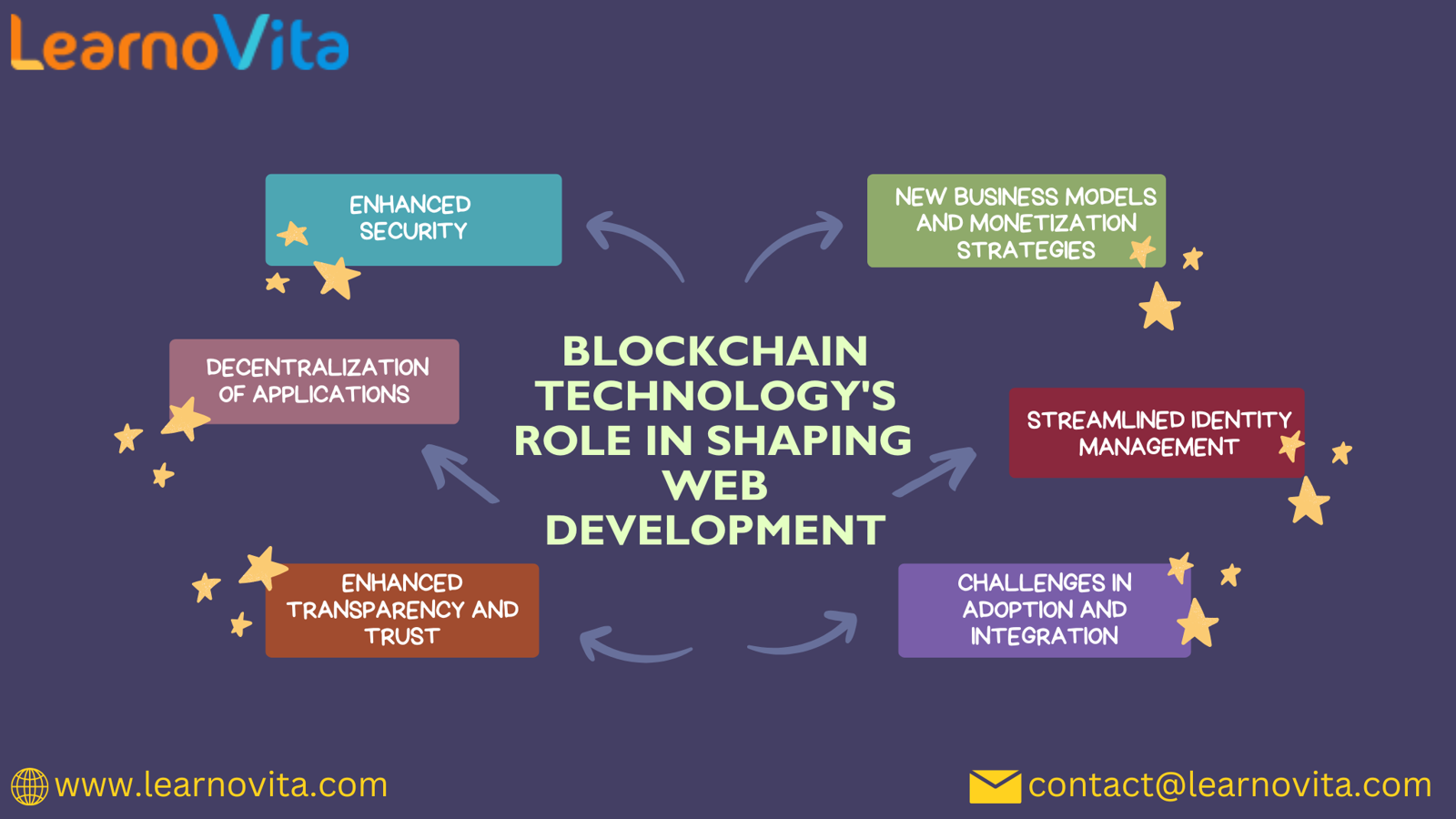Revolutionizing Web Development Through Blockchain Innovations

1. Strengthening Security Protocols
One of the most transformative aspects of blockchain technology is its ability to enhance security. Traditional web applications often rely on centralized servers that are vulnerable to attacks. Blockchain, with its decentralized architecture, distributes data across a network of nodes, making it significantly more resistant to breaches.
For web developers, this means the opportunity to create applications that inherently prioritize security. By utilizing blockchain's cryptographic techniques, developers can safeguard user data and transactions, effectively reducing the risk of cyber threats and fostering trust among users.
2. Empowering Users Through Data Ownership
In the current digital landscape, users often surrender their data to centralized platforms, raising questions about privacy and control. Blockchain technology changes this narrative by enabling users to maintain ownership of their data.
Decentralized applications (dApps) allow users to interact directly with services without intermediaries, promoting data autonomy. This shift empowers users to control their information, encouraging developers to create applications that prioritize user privacy and ethical data use, ultimately leading to a more responsible web ecosystem.
3. Automating Processes with Smart Contracts
Smart contracts are self-executing agreements with the terms of the contract directly written into code. This innovative feature of blockchain allows for automation of complex processes without the need for intermediaries, drastically improving efficiency.
For web developers, integrating smart contracts can streamline operations across various sectors. For example, in e-commerce, a smart contract can automatically process payments once conditions are met, reducing transaction times and minimizing disputes. This not only enhances user experience but also cuts operational costs.
4. The Rise of Decentralized Applications (dApps)
The advent of decentralized applications (dApps) represents a significant shift in web development. Unlike traditional applications that rely on centralized servers, dApps operate on blockchain networks, providing users with a more resilient and censorship-resistant experience.

5. Transforming Payment Solutions
Blockchain technology is revolutionizing payment solutions by facilitating fast, secure, and low-cost transactions through cryptocurrencies. For web developers, this opens up new avenues for integrating payment systems that cater to a global audience.
By adopting blockchain-based payment methods, businesses can reduce transaction fees and streamline operations. This is especially beneficial for industries like e-commerce and gaming, where seamless transactions are essential for user satisfaction and retention.
6. Increasing Transparency and Accountability
Transparency is becoming a critical demand in today’s digital age, with users wanting clarity on how their data is used. Blockchain’s immutable ledger provides a transparent record of transactions, enhancing accountability between users and service providers.
In web development, this transparency allows applications to offer users insights into data usage and business practices. For instance, supply chain applications can provide real-time tracking of products, giving consumers confidence in the authenticity and safety of their purchases.

Comments
Post a Comment